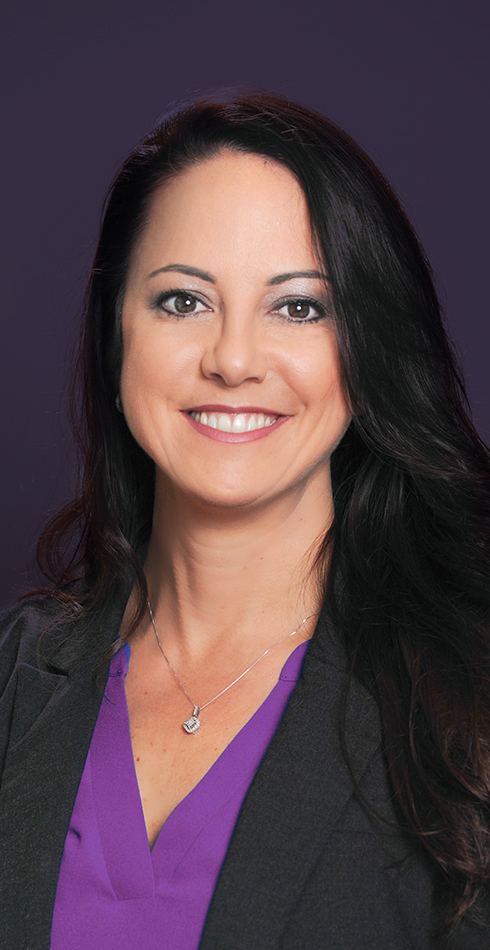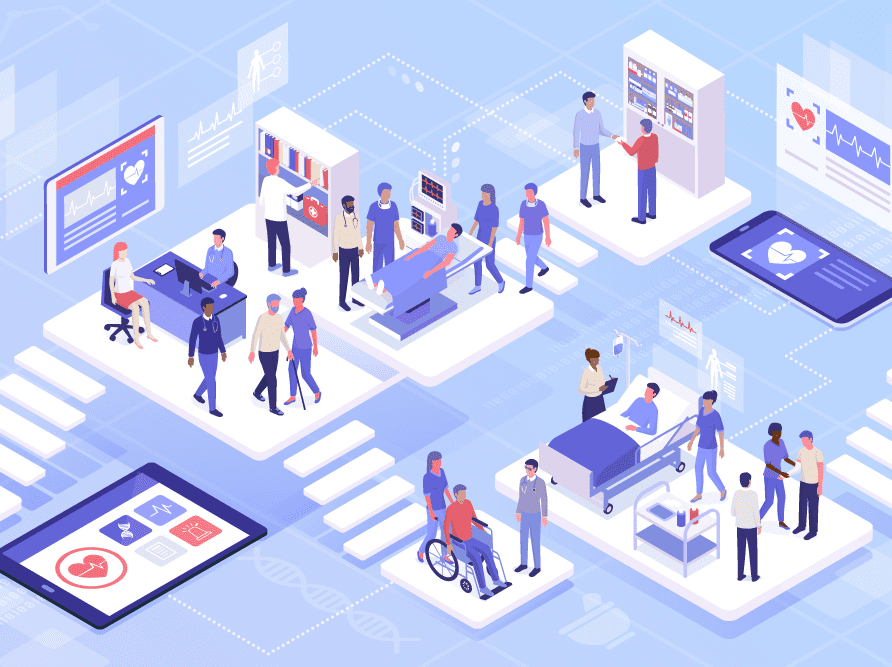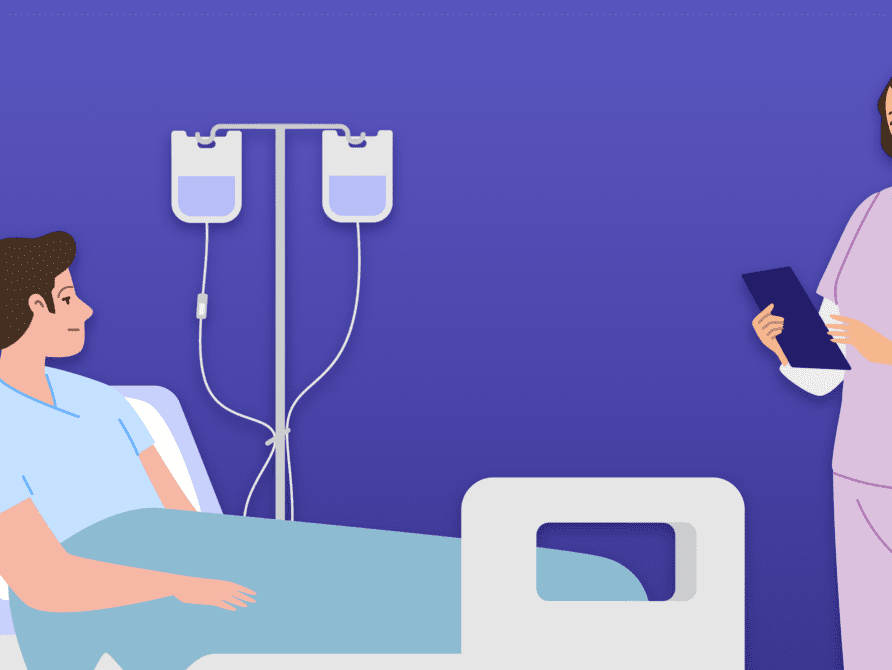Article
Three Altera leaders: A HIMSS-and-beyond look at our vision for the future of health IT
As technology continues to evolve, the needs and expectations of patients will follow suit. Step by step as we move forward through 2023, Altera Digital Health’s mission and vision remain tightly focused on giving organizations the tools they need for the journey ahead, while improving lives every day. But how are we going to get there? HIMSS 2023 kicks off next week in Chicago, and I asked three Altera leaders to offer their views about Altera’s place in the future of healthcare IT. Here’s a look at each of their thoughts.
Marcus Perez, President – To consider the future of health IT, we must focus on the challenges healthcare providers are facing. At Altera, we’re constantly asking: “How can we improve the lives of patients and caregivers?” Healthcare should be easier to access, easier to understand and easier to navigate. It should work smarter and be more intuitive. Many are challenged with navigating cumbersome technology, staffing shortages and expanding data-sharing capabilities. Not to mention, in these increasingly complex times, there are worries about financial stability, as well as being properly protected from a cybersecurity standpoint. Considering all this, Altera, as part of Harris and Constellation, is taking a new approach to alleviate these pressures. Driven by our company’s core values, we utilize discipline and relentless focus when executing our work, day to day. When talking about addressing healthcare’s challenges, companies often throw around huge terms like “revolutionizing care” or “transformational change.” But at Altera, we are focused on improving healthcare step by step. We believe better healthcare is all about achieving more every day. For hospitals, providers and ultimately patients, we are dedicated to putting next-level healthcare within reach.
Jaimes Blunt, SVP Solutions Development & Delivery – When I think about where the health IT industry is headed, I see growth—or more specifically, a transformation from the traditional EHR that follows the paper charting process to a complete digital health ecosystem. In response, we’ve developed the Platform of Health to encourage and guide this evolution and drive new experiences through our solutions, which improve outcomes for patients and clinicians. But this raises the question: What is the true difference between a platform and a typical product? While a product can be defined as an application that executes a certain set of commands by a user to perform a task or set of tasks, a platform is an umbrella of services, technologies and innovations that all meet the needs of a much broader set of users, providing better data flow and more well-defined data services. We will likely see a large benefit from platforms as they can integrate data from different applications, creating consistency while different users can access the same, most current data available and avoid the pitfalls of traditional EHRs. In the future of health IT, platforms will likely be the catalyst for positive change across the health IT industry, ensuring all patients receive the care they deserve.
Kelly Johnson, MS Program Director – Since its inception, Altera has undergone a cultural transition driven by excellence, accountability, and responsiveness. And now we’re energized by our reimagined revenue cycle management (RCM) perspective. When looking at the industry today, tomorrow, and the future, the truth is: that healthcare is a business with a bottom line. Healthcare organizations require financial stability to sustain and grow operationally while providing top-quality patient-friendly initiatives across care communities. On top of that, we’re challenged with a rapidly changing terrain.
There are slimmer margins due to rising costs and other constraints, and it’s more difficult to negotiate contracts that are “wins” for an organization—at the same time, continuing to recruit and hire qualified resources to fill vacancies that provide a face to the organization and its greater community. Even when submitting a claim, there’s a lack of standardized processes across payers, leaving facilities to fall victim to rework and over processing, which slows cashflow and does not allow resources to work on items requiring attention. That’s why, at Altera, we’re looking at RCM through a collaborative lens. When we work with an organization, we work within the entire organization to standardize data into one holistic view to ensure we are not just fixing a symptom but treating the problem. In addition, our Revenue Cycle Center of Excellence (RCCoE) takes a shared model and consultive approach, bringing an extra set of eyes and ears to the revenue cycle space. These experts help eliminate rework and make your organization as effective and productive as possible through optimized workflows and application configurations; this enables us to work smarter, not harder. Revenue cycle management can be tricky, but expected results become achievable when a partner works directly by your side—with your data.
Final thoughts
Whether it’s someone providing care or receiving it, these leaders believe people deserve a higher-level healthcare experience that fits into and improves their everyday lives. If you’re attending HIMSS 2023, stop by booth #4053 to learn more about the Platform of Health, revenue cycle excellence and taking achievable steps to reach extraordinary heights. You can also learn more about our vision for the future here.













